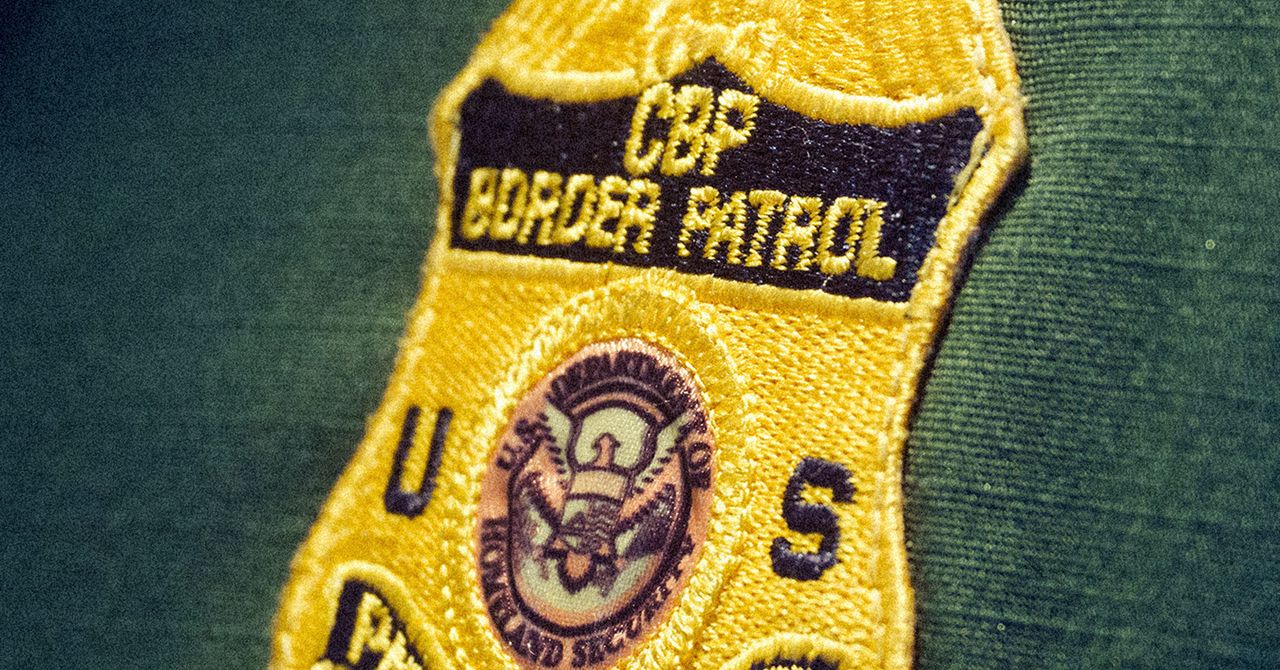United States habit And border protection officials have a quick power to search someone’s phone as they enter the country – including American citizens. The newly released figures show that CBP officials have searched more phones and other devices over the past three months than ever before.
From April to June this year, CBP searched 14,899 devices worn by international travelers, according to statistics published on the agency’s website. Although the figures are not broken down by device type, the CBP has the ability to seek phones, computers, cameras and other electronics. The April June Spike is at the top of the previous highest quarterly figure of at least 12,766 devices, searched by CBP officials from January to March 2022, with 16.7 percent.
The increase in telephone and device searches on the border comes because the second Trump administration takes aggressive action over migration, with a large increase in the budget for the Department of Home Security and Immigration and Customs Resting and thousands of arrests. Since the beginning of the year, people traveling to the US have denied long detention, invasive telephone searches and allegedly access to the content on their devices. In recent months, some European travelers have canceled trips to the US, while the number of Canadian visitors to the US has dropped seven consecutive months.
“The actual issue is the cold effect it has on all travelers,” said Esha Bhandari, a deputy director of the US Civil Liberties Union’s speech, privacy and technology project. Bhandari adds that someone may be subject to a possible search for devices, including those who are critical of the administration or advocates and journalists who have sensitive information about their devices. “It is essentially an unlimited authority that they claim to be looking for travelers without a warrant to seek the full extent of the information people carry on them,” says Bhandari.
CBP’s data shows that there has been an increase in telephone and electronic searches over the past decade, during different administrations. According to the agency statistics, published using the financial year presented from October to September, there were 8.503 searches in 2015. By 2018, this figure rose to 33,296 devices searches, and the last full year available, the financial year 2024, there were 46,362 searches.
The latest quarterly statistics for the past three months of 2025 show 13,824 ‘basic’ searches and 1.075 ‘advanced’ searches. Basic searches may involve a border agent that manually browsing someone’s phone and exploring its contents. This means that an agent may find information about a device, but that it does not have the time or the ability to perform a deep inspection of what is included in messages or buried in photo roles. Meanwhile, advanced searches involve a much more invasive approach: to connect forensic instruments to the device to extract big data. Despite the increase in the overall search for devices, the number of advanced searches has remained relatively steady over the past 21 months.
The CBP did not immediately respond to Wired’s request for comment. “The number of travelers crossing the border crossing a boundary search of their electronic devices is small,” says the CBP’s websites. It is said that the past year where data is available, “less than 0.01 percent” of international travelers has searched their devices.
Anyone entering the US – from citizens to temporary visa holders – could possibly search their phones or electronics through CBP staff. Across the country, border zones usually fall outside the fourth amendment protection that warrants needed for devices searched by officials. On its website, the CBP says people should offer their devices “in a condition that can investigate the device and its contents.” In short, it means unlock and possibly give the password to border agents.
If a US citizen or a green card holder refuses a search, they – at least in theory – cannot deny access to the country. However, their devices can be temporarily seized, and they may be subject to extra interrogation. Foreign visitors may face detention or deportation due to refusing a search.
While advanced searches are only a small percentage of telephone searches over the past few years, it can be changed as the second Trump administration progresses. As Wired reported at the beginning of July, customs and border protection is acquiring advanced digital forensic instruments to process data from electronic devices. The CBP currently has several forensic instruments from Cellebrite.
In a request for information, which was published in June and updated in July, the CBP said it was looking for more instruments that could process data from travelers’ devices and help boundary agents to understand it. One example listed the ability to find a list of text messages to find patterns or “hidden language” in suspicious communication that may not be obvious with the first time. “
